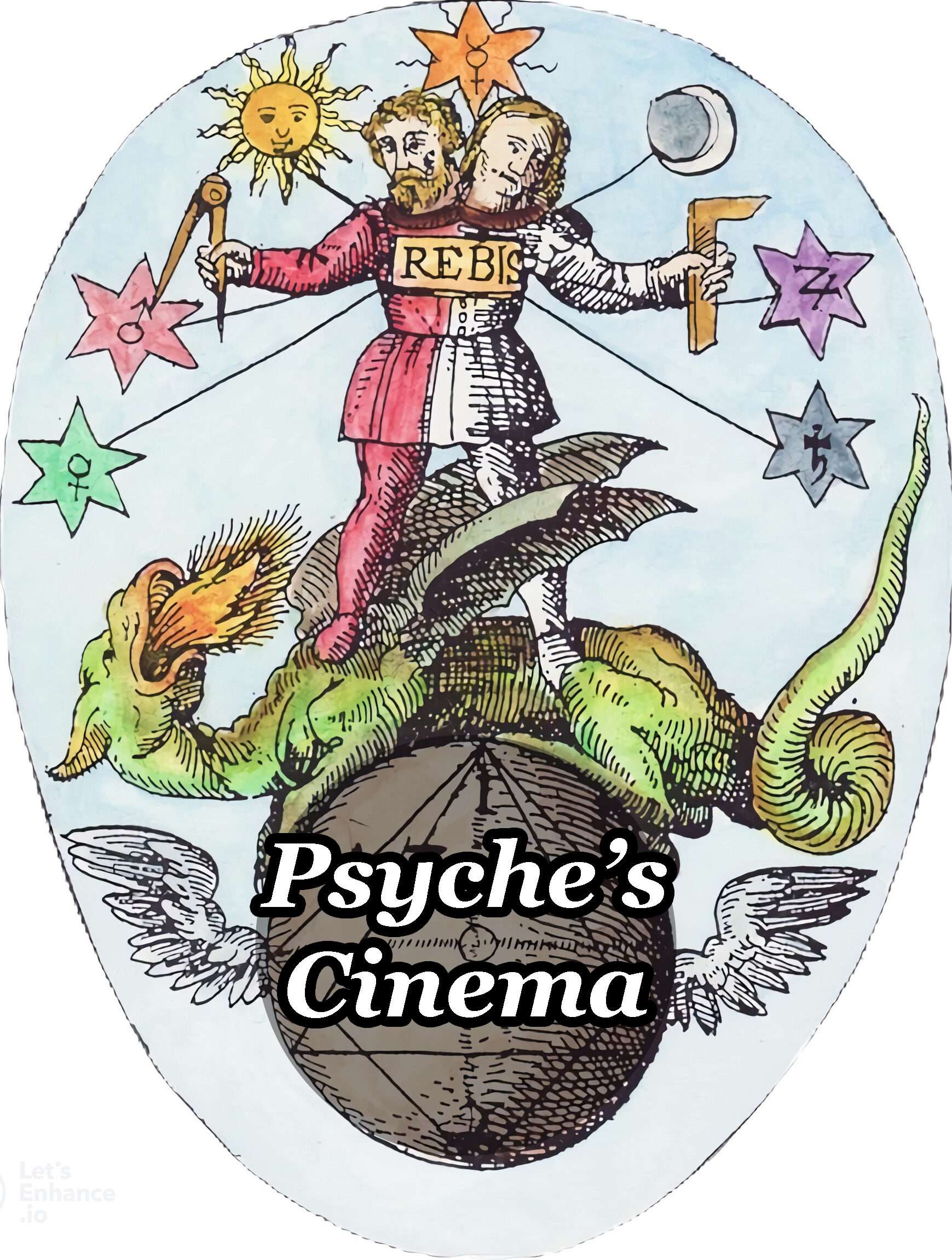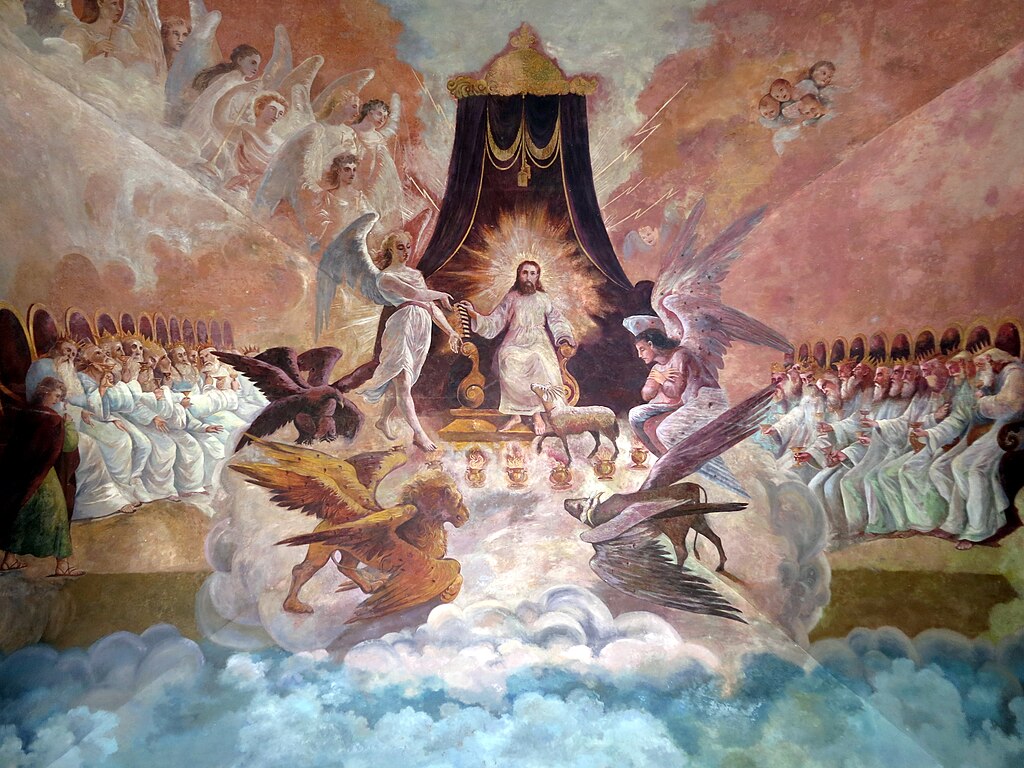We have a new podcast! A conversation between Depth Psychology and Christianity!
“All the gods, all the heavens, all the hells, are within you.”
― Joseph Campbell
Depth Psychology and Christianity: A dialogue
I’m thrilled with this new podcast project. My history with the Catholic church is a central part of my individuation journey. I felt a calling to create this new art-work , especially when the brilliant and talented Marci Madary agreed to join me in the local sound booth. While we both do some preparation for our conversations on the Sunday’s scripture readings, neither of use know what we will say, and we both have no memory of what we’ve said! We are clearly “inspired by the Holy Spirit” (Marci) or “allowing the Unconscious to speak” (me).
For my part, there is great joy but also some fear as I share a symbolic view of the scripture. When I moved toward a symbolic viewpoint (after reading some biblical scholarship in a religion class) I was extremely disoriented and anxious. I know that some people may be angry at me for what I’m saying. And some won’t care about this subject at all. If you’re curious about a conversation between Depth Psychology and Christianity check us out!

Carl Jung and those who followed him- Helen Luke, Edward Edinger and others- were compelled to explore the links between Depth Psychology and Christianity.
“I am not, however, addressing myself to the happy possessors of faith, but to those many people for whom the light has gone out, the mystery has faded, and God is dead. For most of them there is no going back, and one does not know either whether going back is always the better way. To gain an understanding of religious matters, probably all that is left us today is the psychological approach. That is why I take these thought-forms that have become historically fixed, try to melt them down again and pour them into moulds of immediate experience.”
Carl Jung – Collected Works, Volume 11, Paragraph 148
For more on our podcast visit our dedicated page and connect to our facebook community.
“When you translate the Bible with excessive literalism, you demythologize it. The possibility of a convincing reference to the individual’s own spiritual experience is lost.” — Joseph Campbell

In so far as the archetypal content of the Christian drama was able to give satisfying expression to the uneasy and clamorous unconscious of the many, the consensus omnium raised this drama to a universally binding truth— not of course by an act of judgment, but by the irrational fact of possession, which is far more effective. Thus Jesus became the tutelary image or amulet against the archetypal powers that threatened to possess everyone.
The glad tidings announced: “It has happened, but it will not happen to you inasmuch as you believe in Jesus Christ, the Son of God!” Yet it could and it can and it will happen to everyone in whom the Christian dominant has decayed. For this reason there have always been people who, not satisfied with the dominants of conscious life, set forth — under cover and by devious paths, to their destruction or salvation— to seek direct experience of the eternal roots, and, following the lure of the restless unconscious psyche, find themselves in the wilderness where, like Jesus, they come up against the son of darkness.
CGJung, Psychology and Alchemy.
“So indeed do we learn, struggling out of the dark wood, that we cannot hope to find wholeness by repressing the shadow sides of ourselves, or by the most heroic efforts of the ego to climb up, to achieve goodness. The leopard, the lion, and the wolf will not allow it, we may thank God. It is when we admit our powerlessness that the guide appears.”
Helen Luke, Dark Wood to White Rose: Journey and Transformation in Dante’s Divine Comedy
Join us on this new podcast! A conversation exploring Depth Psychology and Christianity

